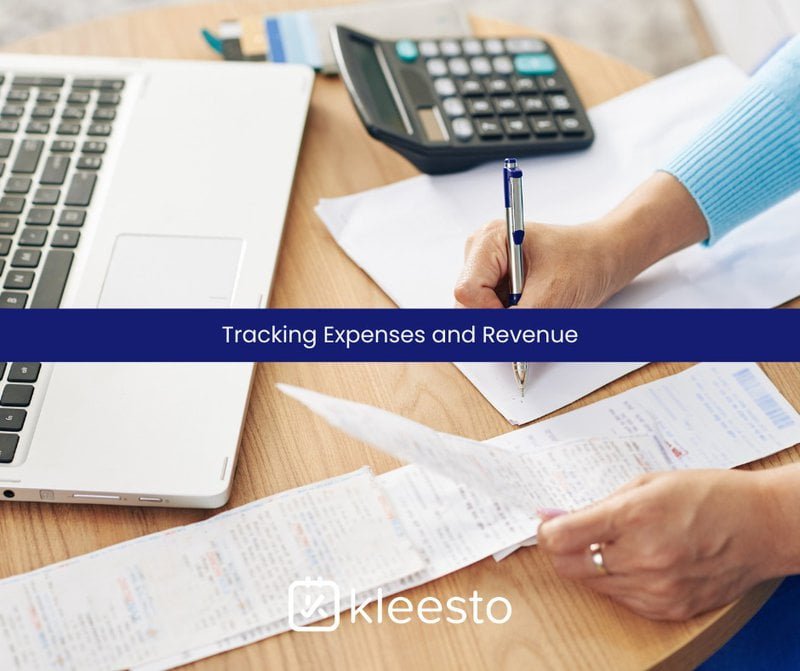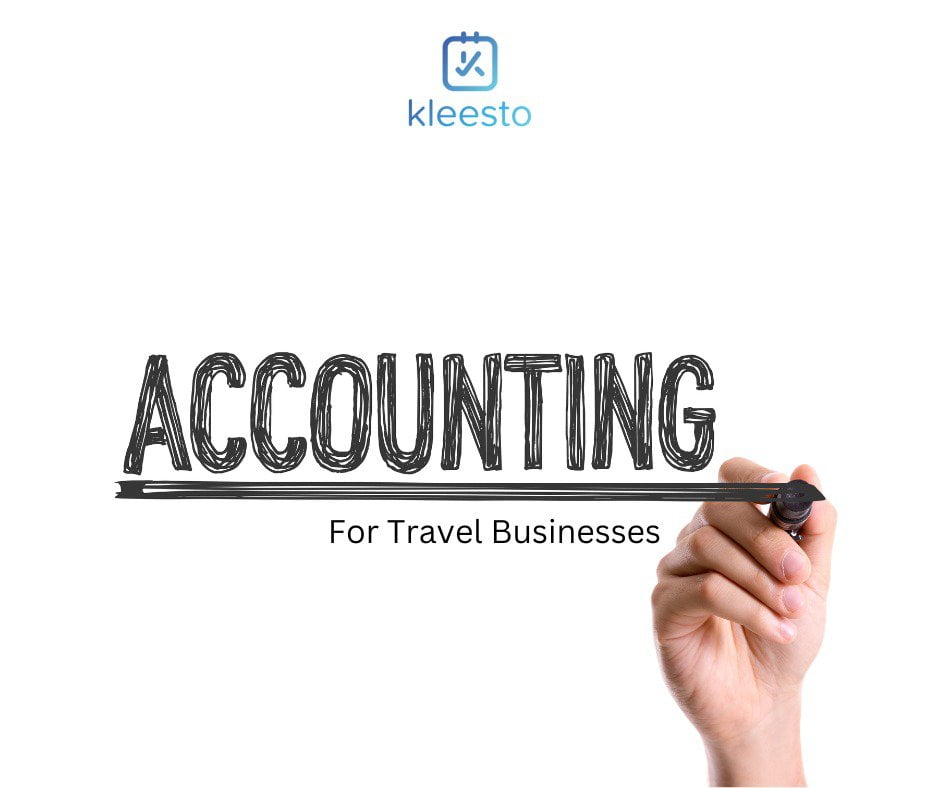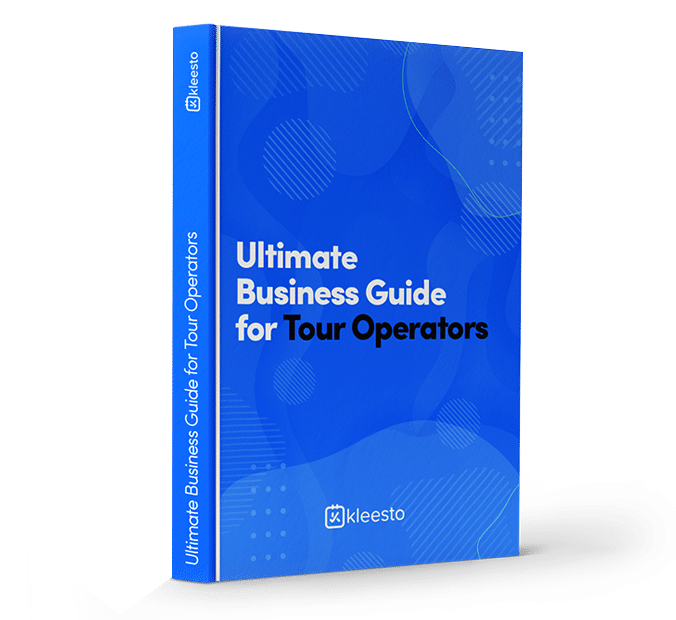Accounting for travel businesses is very important. It helps them understand money matters. These businesses can see how much money they earn and spend through accounting. This information lets them make smart choices.
Also, accounting makes sure businesses follow tax rules. It helps them see how much cash they have and where they can save money. They can also check how well different parts of their business are doing. This is super helpful for making plans for the future.
Lastly, with good accounting, business owners can see how healthy their business is. If they don't do accounting right, their business might face problems. So, good accounting is a must for a travel business to do well and stay successful.

Understanding the Basics of Accounting for Travel Businesses
The fundamental accounting principles and concepts
Accounting principles guide how we handle money in business. These rules help in recording money details in a useful way. For instance, there's a rule called accrual accounting. This rule says we should record money when we earn or spend it, not just when we get or give cash.
Another important rule is consistency. This means we use the same methods to record money details every time. There's also a rule called materiality. It says we should show money details that really matter to people reading about our money.
Lastly, there's a rule named going concern. This means we think a business will keep running unless we have a reason to believe otherwise. It's very important for people working with money to know these rules.
The importance of accurate financial records for travel businesses
Financial records are super important for travel businesses. They help business owners see how much money is coming in and going out. This lets them decide on things like how much to charge or where to spend money. Without these records, it's hard to know if a trip or service is making money.
Also, these records show what customers like and how they spend. This can help businesses give customers what they want. And keeping good records is important because of tax rules. Good records show where money has been spent or earned. This is useful if a business is checked for its finances.
Lastly, these records help businesses see their money situation. They can see where they can save money and if they can grow. For travel businesses, having good financial records is a must. They help make smart money choices.
The specific accounting challenges faced by travel businesses
Travel businesses have some unique accounting problems. One of the biggest is handling money from different countries. They often work with various currencies. This means they need a system that can handle currency changes well.
Another problem is managing travel-related expenses. Costs like flights, hotels, and meals have to be tracked. They need to know where every penny goes. This is crucial for clear financial reports.
Lastly, selling travel packages can be tricky. For example, when a package includes flights, hotels, and tours, they must divide the money between them correctly. To do this, they must be familiar with international accounting rules. This knowledge helps them avoid mistakes.

Managing Cash Flow and Budgeting for Travel Businesses
The concept of cash flow and its significance for travel businesses
Cash flow is like the heartbeat for travel businesses. It's all about the money coming in and going out. That's good when there's more money coming in than going out. But if it's the other way around, that's bad.
Travel businesses need to manage their cash flow well. This helps them pay for things they need, like paying workers or bills. Plus, they can spend on things to grow their business when they have a good cash flow. This might be things like ads or new services.
Keeping a close eye on cash flow is super important. By doing this and using smart strategies, travel businesses can stay strong. This helps them do well and be top players in their field.
Tips on how to manage cash flow in a travel business effectively
Handling cash flow right is key for travel businesses. One way to do this is by making a clear budget. It shows your expected money in and out. With this, you can spot problems early and fix them.
Another tip is to watch your owed and owing money closely. You can get money faster by giving early payment rewards or setting strict pay times.
Also, it's good to check and change your prices if needed. This can help keep money flowing well. And always have a backup plan for surprise costs or problems. With these steps, travel businesses can keep their money in check and succeed in the long run.
The importance of budgeting and forecasting for travel businesses
Budgeting and forecasting are super important for travel businesses. When a company budgets right, it can use its money smartly. This helps ensure they can pay for all they need and still make a good profit. Budgeting also helps companies get ready for changes in the market.
Forecasting lets businesses guess what customers will want. This way, they can offer the right services. It makes customers happy and loyal. Looking at old data and what others in the industry are doing helps make good choices. This keeps businesses ahead of their rivals.
These tools also show where money can be saved. This can boost profits. But if a business doesn't budget or forecast well, it might face money problems or miss chances to do better. So, for travel businesses to last and do well, they must focus on budgeting and forecasting.

Tracking Expenses and Revenue for Travel Businesses
The different types of expenses and revenue streams in a travel business
A travel business has different costs and ways to earn money. Let's talk about costs first. There are two main types. Some costs, like rent or insurance, don't change much. We call these fixed costs. Then, some costs can change based on how much business you do. Things like salaries or advertising can go up or down. These are called variable costs.
Now, how do travel businesses make money? They sell things like airline, train, or bus tickets. This is a big way they earn. They also make money from booking hotels, arranging tours, or getting a cut when they help sell something. Some even make extra money by renting cars or selling travel insurance. They might also team up with other companies to earn more.
Knowing all these costs and ways to make money is super important. It helps a travel business do well and make a profit.
The importance of tracking and categorizing expenses accurately
Keeping track of your spending is super important for everyone, including businesses. You can see where your money goes when you write down and sort all your spending. This helps you find places where you might be spending too much.
By understanding your spending, you can plan and budget better. This helps you save money and reach your big goals. Plus, it's easier to do your taxes when you track everything. You won't get in trouble or have to pay extra fees.
Also, when you have a good record of all your costs, you can see if you're overspending in some areas. Knowing this helps you make smart choices about your money. It even helps you decide where to invest your money.
In short, writing down and sorting all your expenses is a big key to doing well with money.

Taxation and Compliance for Travel Businesses
The tax obligations and compliance requirements specific to travel businesses
Travel businesses must be careful about taxes and rules to follow the law. Depending on what they do, their rules can be different. For example, if they sell flight tickets, they might have to collect extra money for taxes like sales tax. There might be special hotel taxes if they offer places to stay, like hotels.
Travel companies need to know all these rules. They need to collect the right amount of tax and give it to the government. But it's not just about taxes. Some places say that travel agencies need a special license to work.
Travel businesses can get into trouble if they don't follow these rules. They might have to pay fees or face other problems. So, to run smoothly, these businesses must understand and do all their tax and rule tasks.
The importance of keeping up with tax regulations and filing requirements
Understanding and following tax rules is super important. Tax laws keep changing, with new ones coming up often. If people or businesses don't stay updated, they can face problems.
It's crucial to know the specific tax rules that apply to you. This means knowing when to file taxes, how to report what you earn, and when to pay the tax money. You can get fined or even face legal problems if you miss these things.
But, if you're up-to-date with tax rules, you might find ways to save money. There might be tax breaks or special discounts you can use. By always checking and following tax rules, you ensure you do things right and possibly save money, too.
Tips on how to stay organized and prepare for tax season
Handling taxes can feel stressful, but tidying and planning help a lot. First, make a special place, like a folder, for all tax papers. This means things like bills, tickets, and other important papers. Put a name on each one so you can find it easily later.
Next, keep a note of all the money you spend all year. You can use a list or special computer programs to help. Sorting out these spends helps you know what money you can get back when you pay your taxes.
Remember, tax rules can change. So, always check for new rules or ask someone who knows about taxes. This way, you don't miss any good deals or breaks.
Don't leave your taxes to the last minute. Doing a little at a time is less stressful. Following these ideas will make doing your taxes easier and less scary.
Conclusion: The importance of accounting for travel businesses
For travel businesses, accounting is a key part of success. It's like a map that shows how money moves in and out. Businesses can see if they're doing well or need to change things by carefully looking at money details. It's more than just counting money; it's about understanding where it comes from and where it goes.
Accounting also helps businesses follow the money rules set by the government. By doing this right, businesses won't get into trouble or pay extra money. Plus, accounting gives a clear picture if they ever need to show how they're doing to get a loan or bring in partners.
And there's one more big thing. Accounting helps businesses know if they have enough money ready for important things. Whether paying bills or growing the business, accounting helps ensure there's money when needed. In short, good accounting helps travel businesses sail smoothly and grow bigger. Book your meeting with the kleesto pandas today to dive into a world of success.

FAQ: A Comprehensive Guide to Accounting for Travel Businesses
Question: What are the fundamental accounting principles and concepts should travel businesses be aware of?
Answer: Fundamental accounting principles and concepts include accrual accounting, consistency, materiality, and going concern. Understanding these principles is essential for effective financial reporting and analysis.
Question: Why is accurate financial record-keeping essential for travel businesses?
Answer: Accurate financial records are crucial for travel businesses as they provide insights for informed decision-making, compliance with tax regulations, and monitoring cash flow, among other benefits. They form the foundation of financial management.
Question: What are some unique accounting challenges that travel businesses face?
Answer: Travel businesses often deal with multiple currencies, complex revenue recognition processes, and unique expense categories like travel and accommodation. Managing these aspects requires specialized accounting knowledge and systems.
Question: Why is managing cash flow necessary for the sustainability of travel businesses?
Answer: Cash flow management is vital for travel businesses as it ensures they can meet financial obligations, invest in growth opportunities, and maintain financial stability. Positive cash flow is essential for long-term success.
Question: What are the key benefits of budgeting and forecasting for travel businesses?
Answer: Budgeting and forecasting help travel businesses allocate resources effectively, plan for market fluctuations, anticipate customer needs, identify cost-saving opportunities, and adapt to changing conditions. They are essential for achieving financial success and sustainability.







